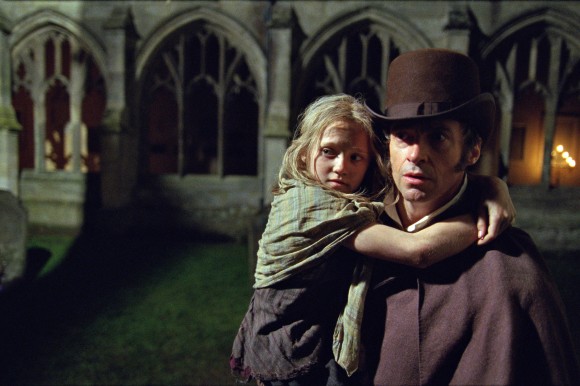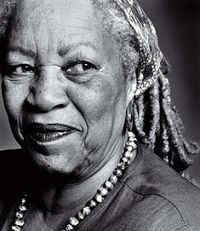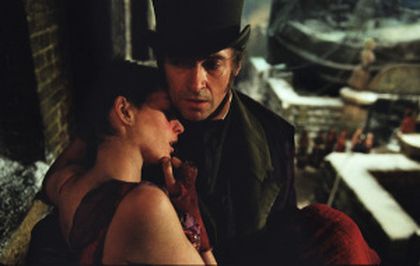Graceful writing
To offer a penetrating and nuanced vision of grace, like Victor Hugo does in Les Misérables, takes an attentive, serene, generous, creative, and skillful pen.
04 NOVEMBER 2017 · 17:00 CET

In a lecture at Harvard University, 1993’s Nobel Prize in literature recipient Toni Morrison once explored the theme of good and evil in recent literature.
Morrison narrated her interest in goodness as a writer, to allow “goodness its own speech” and to shape plots and characters that embody not just what is basest in us, but also what is loftiest.

Morrison explained that her literary effort, instead, is interested in respecting goodness for what it is, to allow it to occupy a writer’s mind and a reader’s imagination as prominently as many dark and darkening tales may do.
It was important to me that none of these expressions of goodness be handled as comedy or irony, and they are seldom mute…. Many of late and early 20th-century heavyweights – Norman Mailer, Saul Bellow, Philip Roth – are masters of exposing the frailties, the pointlessness, and the comedy of goodness…[1]
I found Morrison’s literary purpose refreshing. We are saturated with tales dipped in betrayals, murders, revenge, rape and mindless sex, terrorism, abuses and all else everyday, after all.
It is much easier to write dark tales, partly because of the very structure of the plot, which calls for obstacles, dilemmas, and villains, partly because evil is more graphic and visual.
It takes a skilled actor to embody a scene of forgiveness; to shot a gun, any novice can do. Similarly, any newbie can write a story which starts with betrayal, which leads to a thirst of revenge that culminates in murder, which then fills the protagonist with despair and makes her kill herself.

To offer a penetrating and nuanced vision of grace, however, like Victor Hugo does in Les Misérables, takes an attentive, serene, generous, creative, and skillful pen.
Novelist Frederick Buechner adds another reason,
Sin is easier to write about than grace, I suppose, because the territory is so familiar and because, too, it is of the nature of grace, when we receive it, to turn our eyes not inward, where most often writers’ eyes turn, but outward, where there is a whole world of needs to serve far greater than the need simply for another book.[2]
To write about grace requires that the author knows that he is writing about. We are afraid our writing may seem cheesy if we explore deeds of goodness in part, I believe, because these deeds are often absent from our experience of the world and from our own hearts.
To then write about something we do not know from the inside – that is, to embody in a story the inner dilemmas, temptations, and complexities born out of grace, that we haven’t felt ourselves – we resort to stereotypes, platitudes and flat characters. And the pages smell fakeness indeed.
To portray goodness is a grown-up’s challenge, in other words. Most of all, the work of a large soul: of someone that revels in goodness, bathes in it, celebrates it in others, and knows personally how difficult it is to sustain it in a cloudy world.

So let’s finish with an example, a paragraph from Nabokov I read long ago, but which has stuck with me like few others.
[I] became aware of the world’s tenderness, the profound beneficence of all that surrounded me, the blissful bond between me and all of creation; and I realized that joy … breathes all around me everywhere, in the speeding street sounds, in the hem of a comically lifted skirt, in the metallic yet tender drone of the wind, in the autumn clouds bloated with rain. I realized that the world does not represent a struggle at all, or a predaceous sequence of chance events, but shimmering bliss, beneficent trepidation, a gift bestowed on us and unappreciated.
[1] Good, but Never Simple, Harvard Gazette. http://news.harvard.edu/gazette/story/2012/12/good-but-never-simple/
[2] Frederick Buechner, Now and Then (New York: HarperOne, 1983), 48-49.
Published in: Evangelical Focus - Culture Making - Graceful writing
